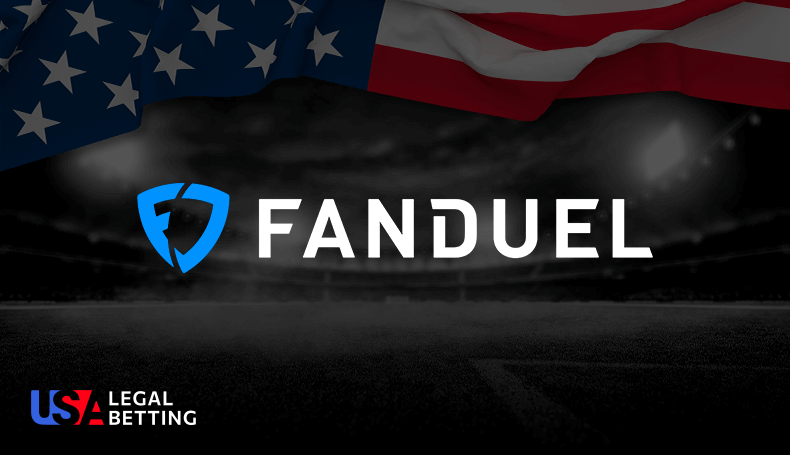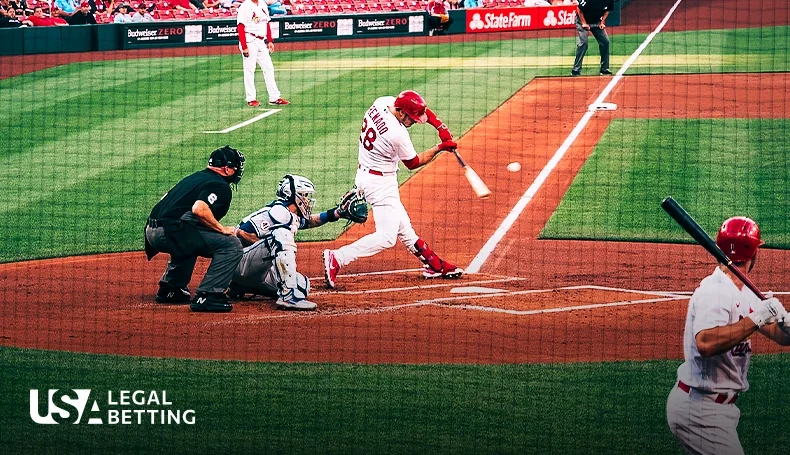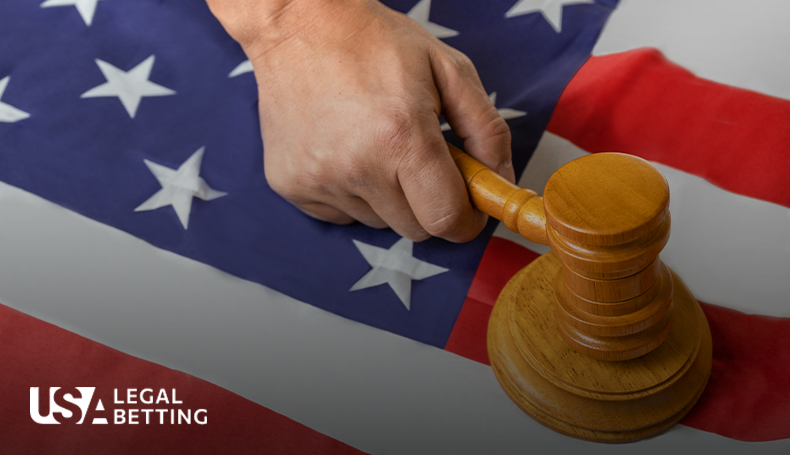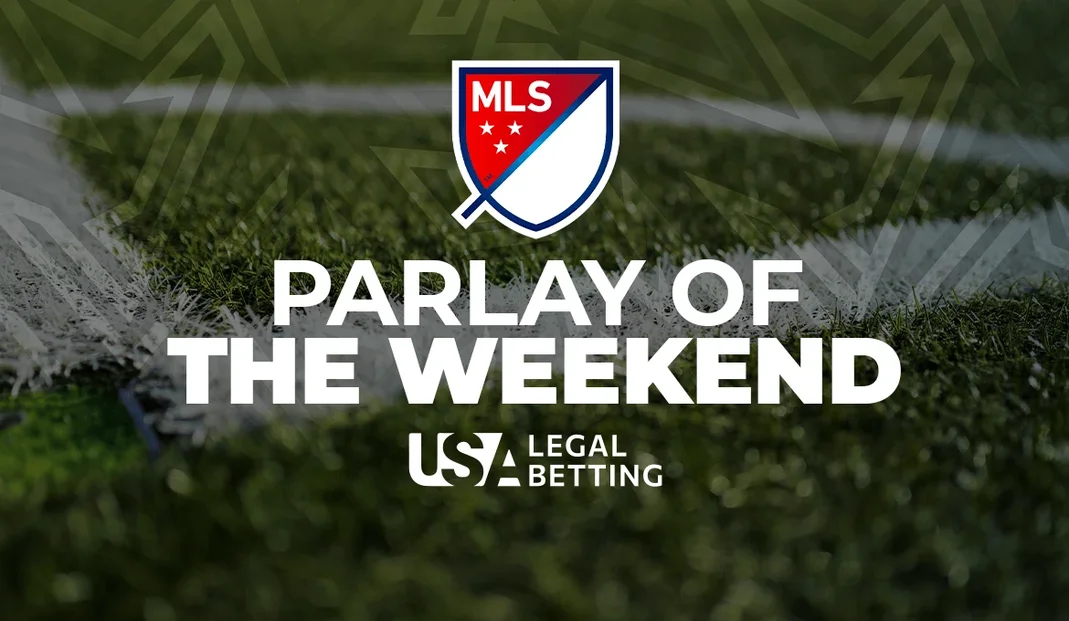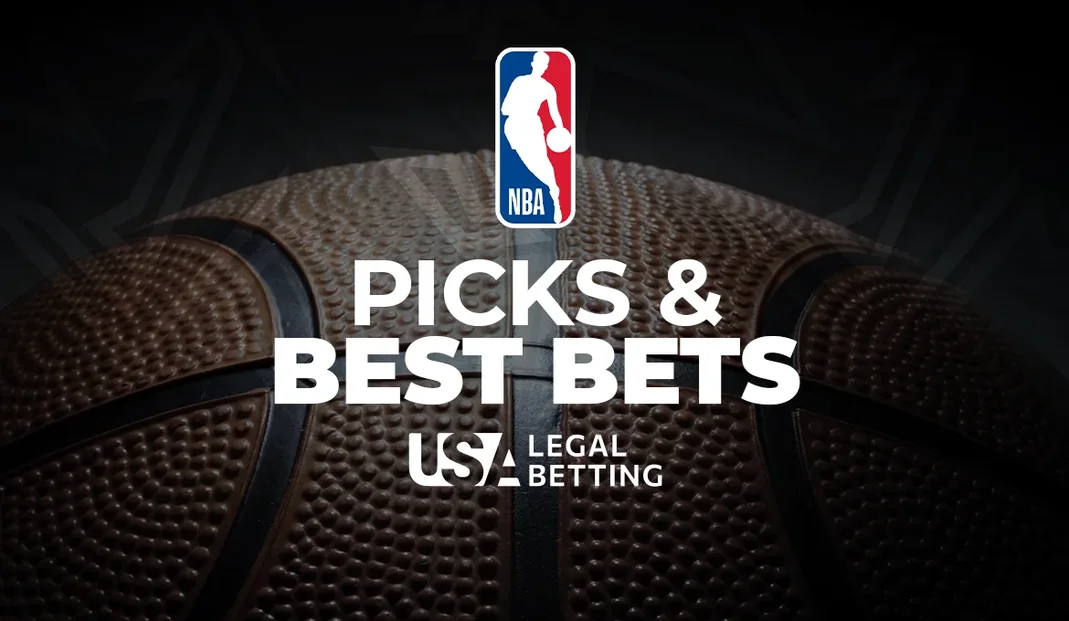Another proposal that FanDuel disagreed with said that operators should be held liable for “false, deceptive or misleading” claims made by people, companies, or groups advertising their platform. The company said that whoever made the false claim should be held responsible instead of FanDuel itself.
The NYGC once again stood firm, arguing that companies should be in contact with affiliates and have a clear enough line of communication to prevent or correct marketing mistakes.
There was also disagreement on how to handle people not of age using their fantasy sports services, with FanDuel arguing against a rule that would hold operators responsible for their misuse. This was contentious since fantasy sports operators claim their platforms should not legally be considered gambling platforms.
FanDuel also took exception to a proposal that would require sportsbooks to highlight problem gambling resources during their ads.
Edmund Burns, general counsel at the NYGC, said in a memo that was released that FanDuel felt doing so would occupy too much time during ad spots, and it would need to create separate ads just for New York compared to its national campaigns.
The NYGC defended most of the objections. Executive director of the New York Council on Problem Gambling, Jim Maney, also said that the “[gambling] industry could do more to assist” the fight against problem gambling.
Several other anti-gambling and problem gambling lobbyists have voiced their concerns about the rapid rise of legal sports betting recently. FanDuel’s objections to a variety of safety measures have raised concern amongst these groups and led to calls for stricter oversight and guidelines.



